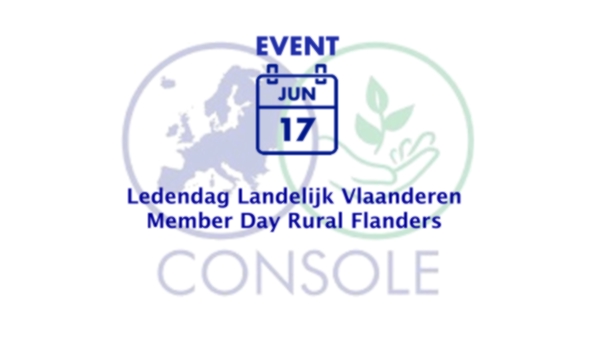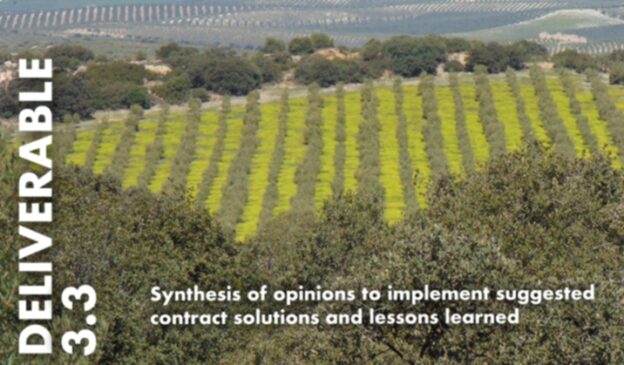Ledendag Landelijk Vlaanderen | Member Day Rural Flanders
Date 🗓️
17/06/2022 (10:00 am)
Location 📍
Kasteel van Loppem
Organizer 🙎♀️
Participating CONSOLE Partner(s) 💡
N/A
Link to the original web page of the event 📎
Summary 🇬🇧
During the Multiplier & Roadshows, events with the aims to present the main results of the CONSOLE. In the same time will be present the Belgium case study “Flemish nature management “. The event will take place in the Flemish region it offers participants an opportunity to hear of contract solution options in similar settings across CONSOLE and discuss applicability of suggested AEPGs in their own context, as well as discussing potential differences with the findings of the national survey within CONSOLE for WP3 (feasibility of the new contract solutions for farmers and the stakeholders). .
Samenvatting 🇳🇱
Tijdens de Multiplier & Roadshows, evenementen met als doel de belangrijkste resultaten van de CONSOLE voor te stellen. Tegelijkertijd zal de Belgische casestudy “Vlaams natuurbeheer” worden voorgesteld. Het evenement vindt plaats in het Vlaamse Gewest en biedt de deelnemers de kans om te horen over contractoplossingen in vergelijkbare omgevingen binnen CONSOLE en de toepasbaarheid van de voorgestelde AEPG’s in hun eigen context te bespreken, evenals mogelijke verschillen met de bevindingen van de nationale enquête binnen CONSOLE voor WP3 (haalbaarheid van de nieuwe contractoplossingen voor landbouwers en de belanghebbenden).






